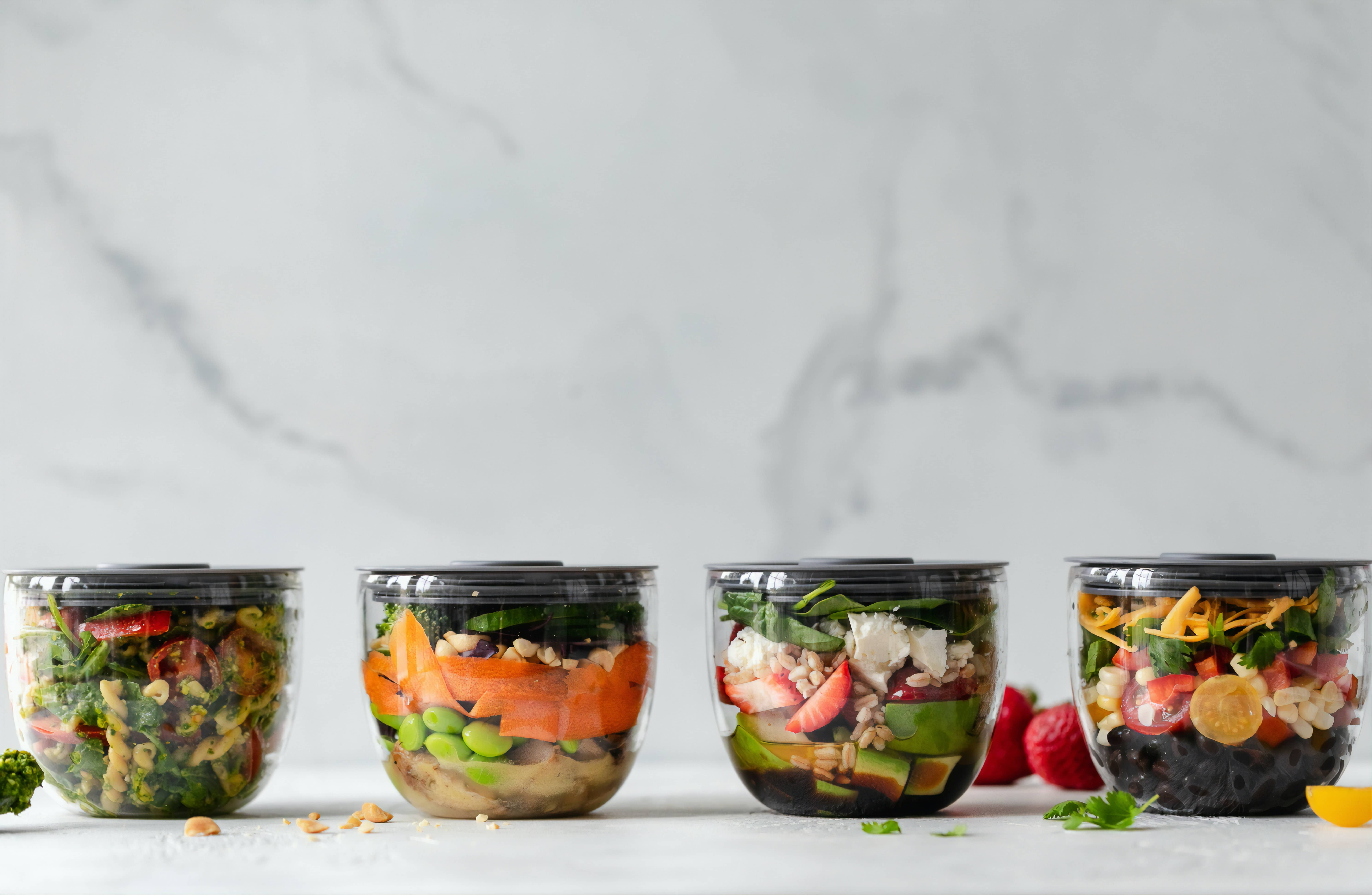How To Get The Most Out Of The Holiday As A Medical Professional

Holidays can be a happy time for some people when their spirits are lifted.
It's satisfying to look after loved ones, spend time with them, and honor family customs.
However, the holidays can indeed be stressful for certain people.
During the holidays, an already overworked caretaker realizes that there is much more to do.
Here are some suggestions to help you enjoy the holiday season while reducing stress.
1. Concentrate on the most important aspects of your life.
Remember that, as much as we'd like to create the ideal Christmas experience, perfection isn't the purpose of the holidays.
It's about finding meaning and happiness.
When it comes to our loved ones' health and ability, there are many elements we can't control, so alter your expectations for a successful Christmas.
Talk about prioritizing the activities that have the most meaning throughout the holidays.
Concentrate on what feels essential to elicit a holiday mood and build pleasant memories.
2. Reduce the number of things you have to do during the holidays.
If you're worried that going all out for the holidays will put you over the edge this year, know that it doesn't have to be that way.
If attending all religious services is too much for you, pick one that means the most to you.
If sending holiday cards takes too much time, consider sending e-greetings.
Many family caregivers reschedule celebrations or postpone holiday vacations to accommodate loved ones in their care.
3. Create new customs.
Try something new instead of focusing on losses and what you and/or your loved ones are unable to do this year.
Drive by a holiday light show or watch a holiday performance on TV if your care recipient has difficulty getting around.
Have a video conversation if you can't make it to a holiday celebration.
4. Make changes to your meals.
Because food is such an important component of many holidays, it's especially tough to consider changing mealtime customs.
Good meals, on the other hand, require a significant amount of time, money, and coordination.
Instead of completely canceling holiday meals, try to make adjustments by streamlining the menu.
Close relatives and guests can help with grocery shopping and cooking.
Purchase entire meals or portions of meals from a supermarket or restaurant, either completely prepared or ready to cook at home.
Eat at another person's house.

5. Take a more efficient approach to gift-giving.
Many holiday customs involve gift-giving.
Gift-giving may be costly and time-consuming.
Try shopping on the internet.
You might enlist the help of a friend or family to handle your shopping and wrapping.
You can always rely on gift vouchers as well.
Because family caregivers are frequently financially strained, it may be important to reduce your gift-giving budget and reduce the quantity of gifts.
Consider giving the gift of time or effort, such as planning outings or offering assistance with a task.
6. Anticipate holiday inconveniences.
Have there been any holiday activities or relatives who cause you worry or bring up bad memories?
At certain moments of the day, you may experience emotional pain or loss at certain moments of the day.
Do you have unhelpful family members that criticize you around the holidays?
At family gatherings, it's possible that old family tensions will resurface.
Limiting or even avoiding some places, events, conversations, or individuals may be the best option.
Prepare yourself if you are unable to do so.
Minimize the drama by not attempting to address issues during the holidays.
Practice short encounters and create rapid departure techniques instead.
Put yourself in a safe cocoon in your mind, and allow negative energy to bounce off of you without harming, bothering, or upsetting you.
7. Keep your thoughts in check.
Negative thinking triggers your body's stress reaction, so shift your focus to the good things in life when you're on the verge of falling off the wagon.
Try to remain mindful and focused on the present moment.
Consider what you can achieve rather than what you can't.
Celebrate what your friends and family can do rather than focusing on what they can't.
Enjoy the holiday delights you have rather than resenting those you don't.
Appreciate the support you are receiving rather than resenting the people that aren't supportive.
8. Prioritize Self-Care.
As caretakers, we give and keep on giving, and we give even more throughout the holidays.
All of your generosity can leave you depleted, with high-stress levels or even burnout.
Look for ways to replenish your tank.
Make sure you get enough rest.
Walking with loved ones, singing to Christmas music, stretching, or star jumps are all good options.
Be aware of harmful coping mechanisms such as overeating or excessive drinking.
Have some fresh air and sunlight by going outside.
To calm and increase your mood, try some sweet-smelling aromatherapy.

9. Socialize with other caregivers.
Other caregivers are experiencing many of the same emotions you are.
Communicate with other caregivers to share your emotions and obtain holiday survival guidance and support.
Try internet message boards or social media groups if getting to a caregiver support group is challenging due to holiday traffic or bad weather.
10. Ask for assistance.
Even if you don't regularly seek extra help, the holidays are a fantastic opportunity to do so.
A few hours can make a significant difference.
Holiday preparations can be delegated to family and friends.
A personal assistant or concierge can handle personal tasks such as organizing mail and conducting errands, as well as items on your holiday to-do list.
Get someone to clean the house or do the laundry for you.
Seek help from relatives and friends.
While you want to make the most out of the holidays, consider registering for a certification on ProMed to build on your skills and career.

